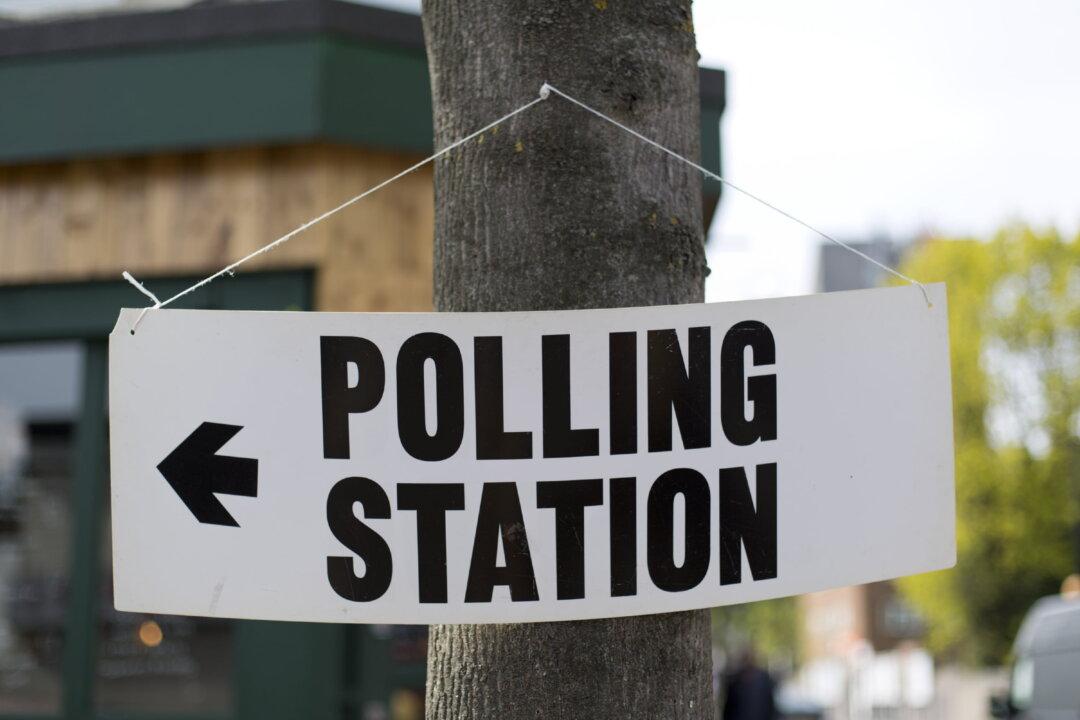The next general election could be “seriously disrupted” by the new requirement for voters to show an accepted photo ID, a local government membership body has warned.
The next general election is due by January 2025. Under new rules, voters will have to bring a photo ID to the polls, if they want to cast a vote.





